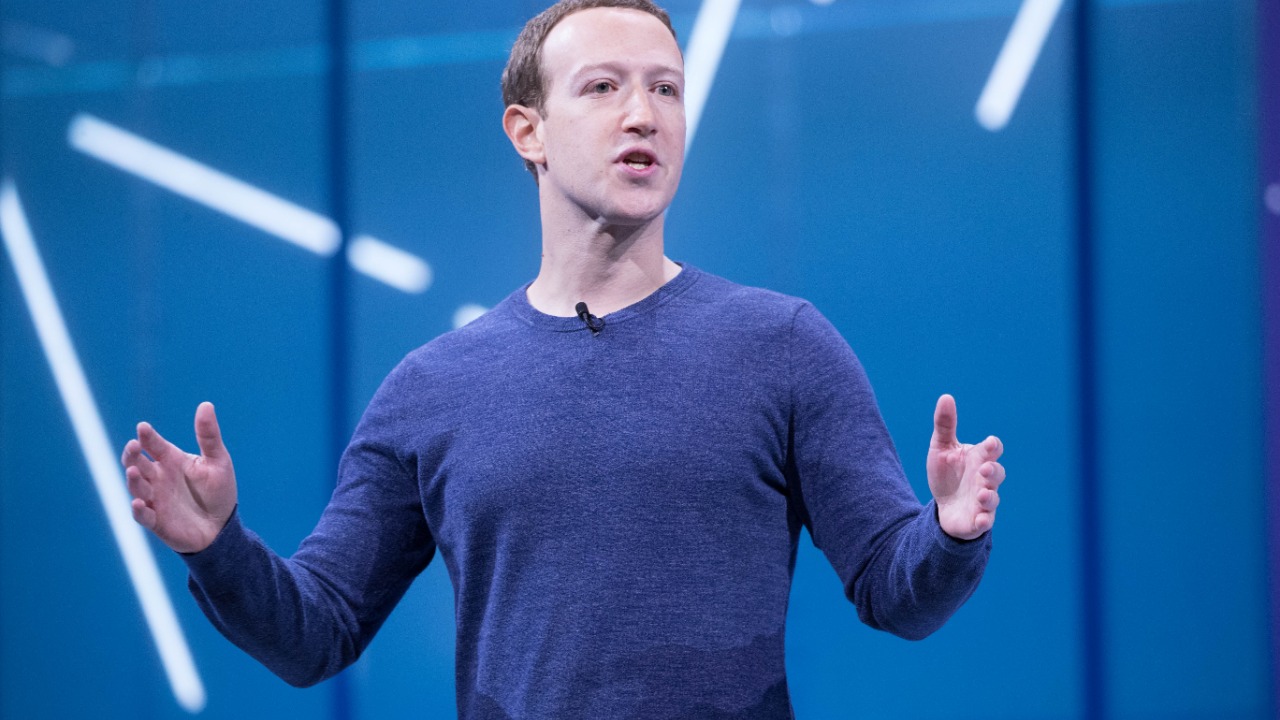
In a surprising turn of events, Mark Zuckerberg, CEO of Meta, has initiated a significant downsizing of the company’s artificial intelligence (AI) workforce. This decision comes just months after a major hiring spree aimed at bolstering Meta’s AI capabilities. The layoffs underscore the unpredictable nature of workforce planning in the rapidly evolving AI sector, with the scale of the cutbacks directly linked to the company’s recent expansion efforts.
Meta’s Recent AI Hiring Surge
Over the past few months, Meta embarked on an aggressive hiring campaign, bringing on board hundreds of specialized AI developers. The goal was to accelerate projects such as advanced language models and AI infrastructure. The company’s recruitment efforts were notable, involving competitive offers and talent poaching from rivals, which positioned Meta as a leader in AI innovation.
Internal metrics from this hiring phase reveal rapid team growth rates, painting a stark contrast with the subsequent downsizing. The scale of the hiring spree, as reported by Futurism, underscores the abruptness of the recent layoffs.
Announcement of the Layoffs
Zuckerberg’s decision to fire hundreds of AI developers was announced in late 2025, as part of a broader organizational restructuring. The layoffs followed closely on the heels of the hiring spree, with affected employees being notified starting around October 2025. This timeline highlights the suddenness of the decision.
Reactions within Meta have been marked by surprise, particularly among teams that were built during the expansion. The sudden nature of the reductions has left many employees reeling, further emphasizing the volatility of the AI job market.
Reasons Cited for the Firings
Zuckerberg’s rationale for the layoffs was primarily driven by efficiency. He emphasized the need to streamline AI operations and focus on high-impact areas after what he perceived as over-expansion. This move suggests a shift in Meta’s strategy from broad hiring to targeted investments in core AI technologies.
Reports also indicate that performance or project-based factors played a role in the decision. The completion of initial phases of AI initiatives may have reduced the need for the full developer headcount, leading to the layoffs.
Impact on Meta’s AI Teams
The layoffs have had immediate effects on the remaining AI developers at Meta. Morale challenges and potential disruptions to ongoing projects are among the key concerns. The workforce composition has also undergone significant changes, with hundreds of roles eliminated across AI engineering and research divisions.
Despite the broad cuts, Meta is reportedly implementing retention strategies for key talent. The company aims to retain expertise in the field, suggesting a shift in focus towards quality over quantity in its AI workforce.
Zuckerberg’s Role and Statements
Zuckerberg played a direct role in the layoffs, personally overseeing the firing of hundreds of AI developers. His vision for Meta’s future appears to involve a leaner, more focused AI team. In his communications on the reversal of the hiring spree, Zuckerberg emphasized the need for adaptability in AI strategy.
His leadership in AI, particularly in the context of these layoffs, links back to his public commitments to innovation post-hiring boom. This suggests that despite the current downsizing, Meta remains committed to advancing its AI capabilities.
Industry-Wide Repercussions
Meta’s decision to lay off hundreds of AI developers could have significant repercussions for the AI job market. Displaced developers may shift to competitors, potentially altering the balance of talent in the industry. This event also highlights the volatility in AI hiring trends, with similar patterns observed at other tech firms.
In the long term, this event may deter future applicants wary of instability. However, it also presents opportunities for other companies to capitalize on the availability of experienced AI developers in the market. As the dust settles, it will be interesting to see how this development shapes the future of AI talent acquisition and workforce planning.
More from MorningOverview